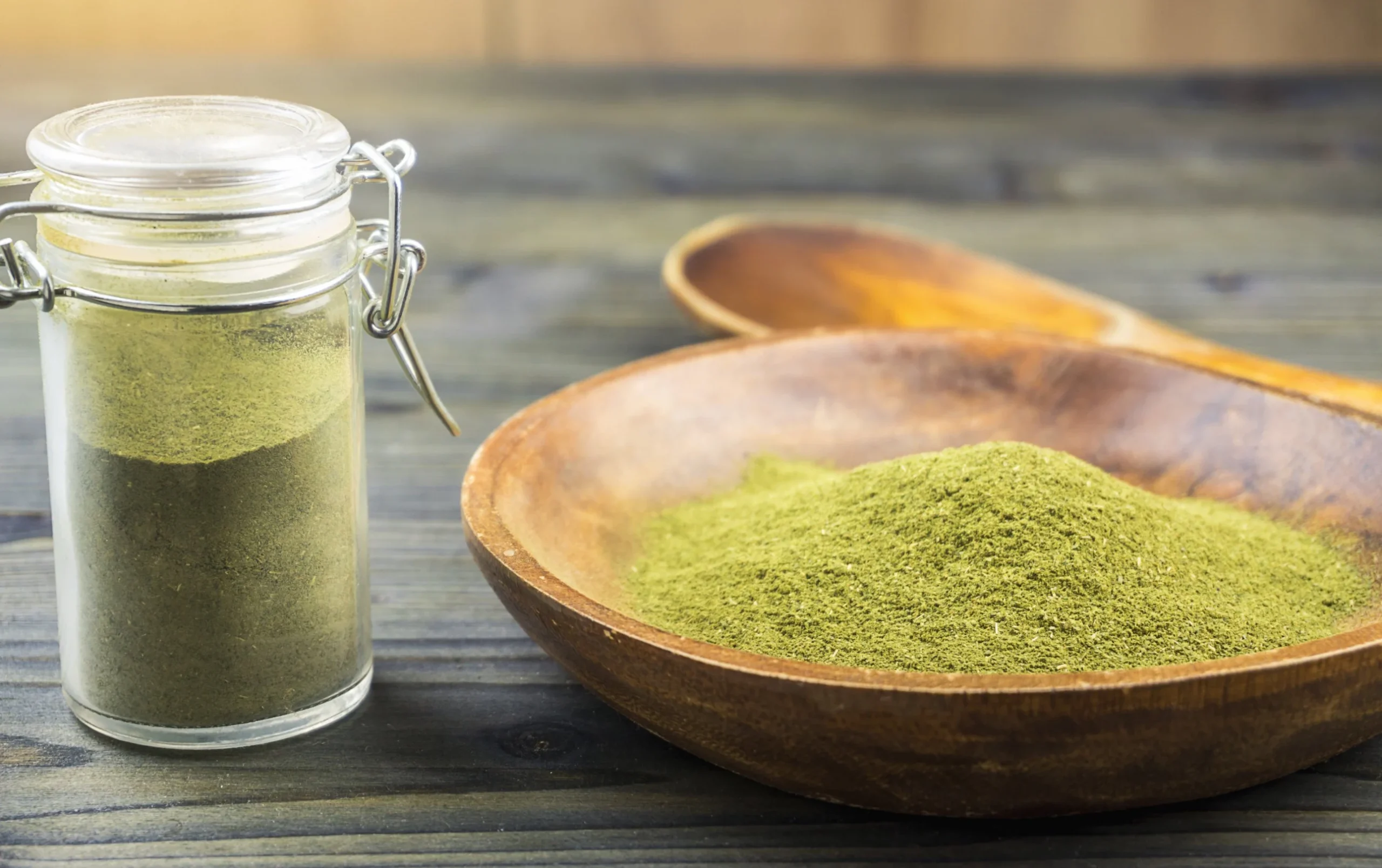
The leaves of the kratom tree have been traditionally used in countries like Thailand, Malaysia, and Indonesia for centuries, primarily for their stimulant and analgesic effects. In recent years, kratom has gained popularity in the Western world, especially in the form of capsules, as a natural alternative to traditional medicine and visit website.
Benefits and Uses
Kratom capsules offer a convenient and controlled dosage form of the plant’s active compounds, primarily mitragynine, and 7-hydroxymitragynine. However, visit website and these alkaloids interact with the brain’s opioid receptors, which can provide pain relief, reduce anxiety, and enhance mood. Many users find kratom capsules effective for managing chronic pain, mitigating opioid withdrawal symptoms, and addressing issues such as fatigue and depression.
One of the significant advantages of kratom capsules over traditional pharmaceuticals is their natural origin and lower risk profile. Unlike opioids, which carry a high risk of addiction and overdose, kratom is considered less addictive and has a wider margin of safety. Additionally, kratom’s stimulant properties make it a popular choice for those looking to increase energy and focus without the jittery side effects of caffeine.
Safety and Regulation
Despite its benefits, kratom is not without controversy. Concerns have been raised about the potential for abuse and the lack of regulation in many countries. The quality and purity of kratom products can vary significantly, leading to potential health risks. Consumers must purchase kratom capsules from reputable sources that conduct thorough testing for contaminants and ensure proper labeling.
In the United States, kratom’s legal status varies by state, with some states banning its sale and use. The FDA has also expressed concerns about kratom’s safety, although definitive research is still lacking. Advocates argue that with proper regulation and further scientific study, kratom could be a valuable addition to the range of available natural therapies.








